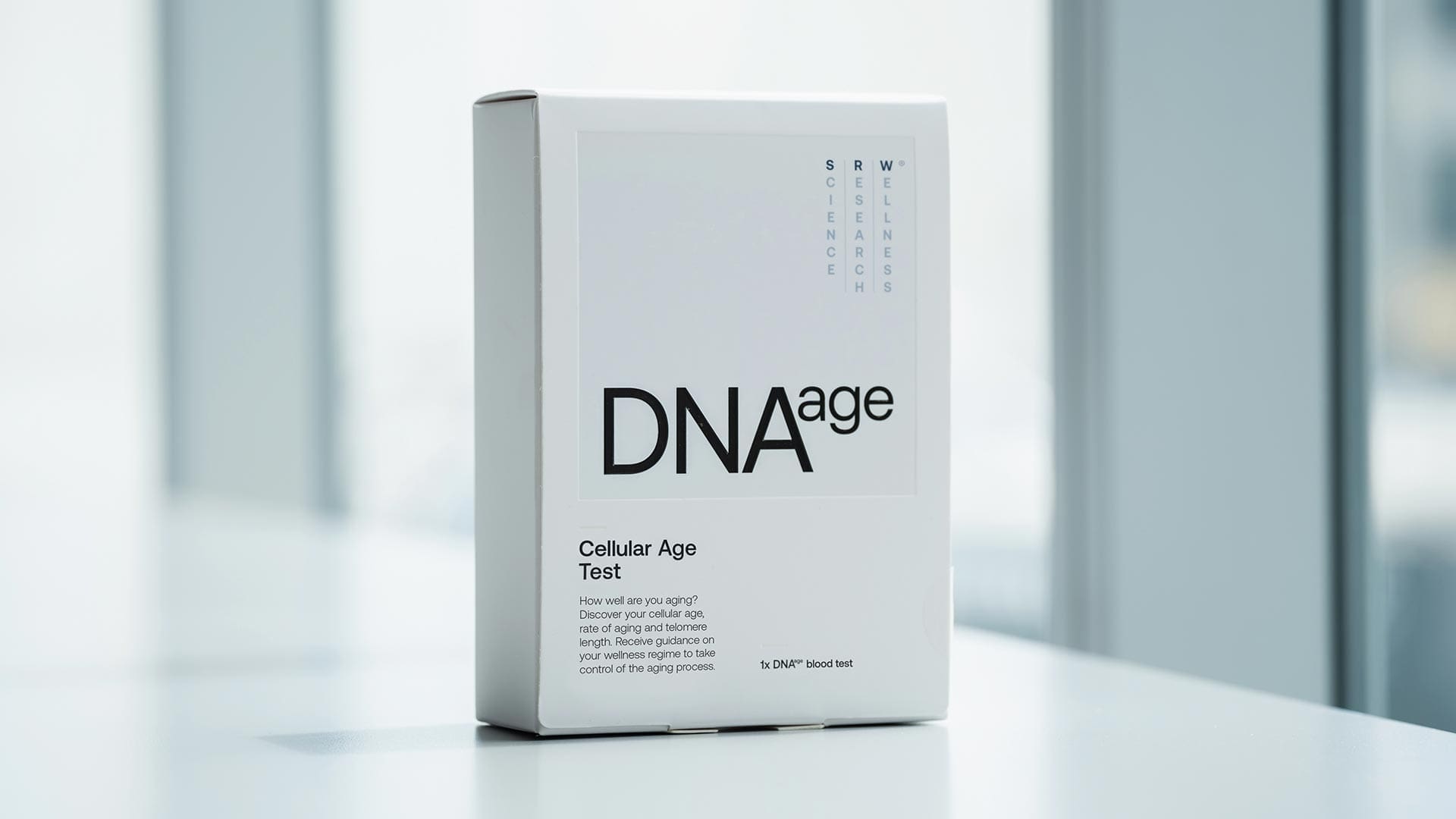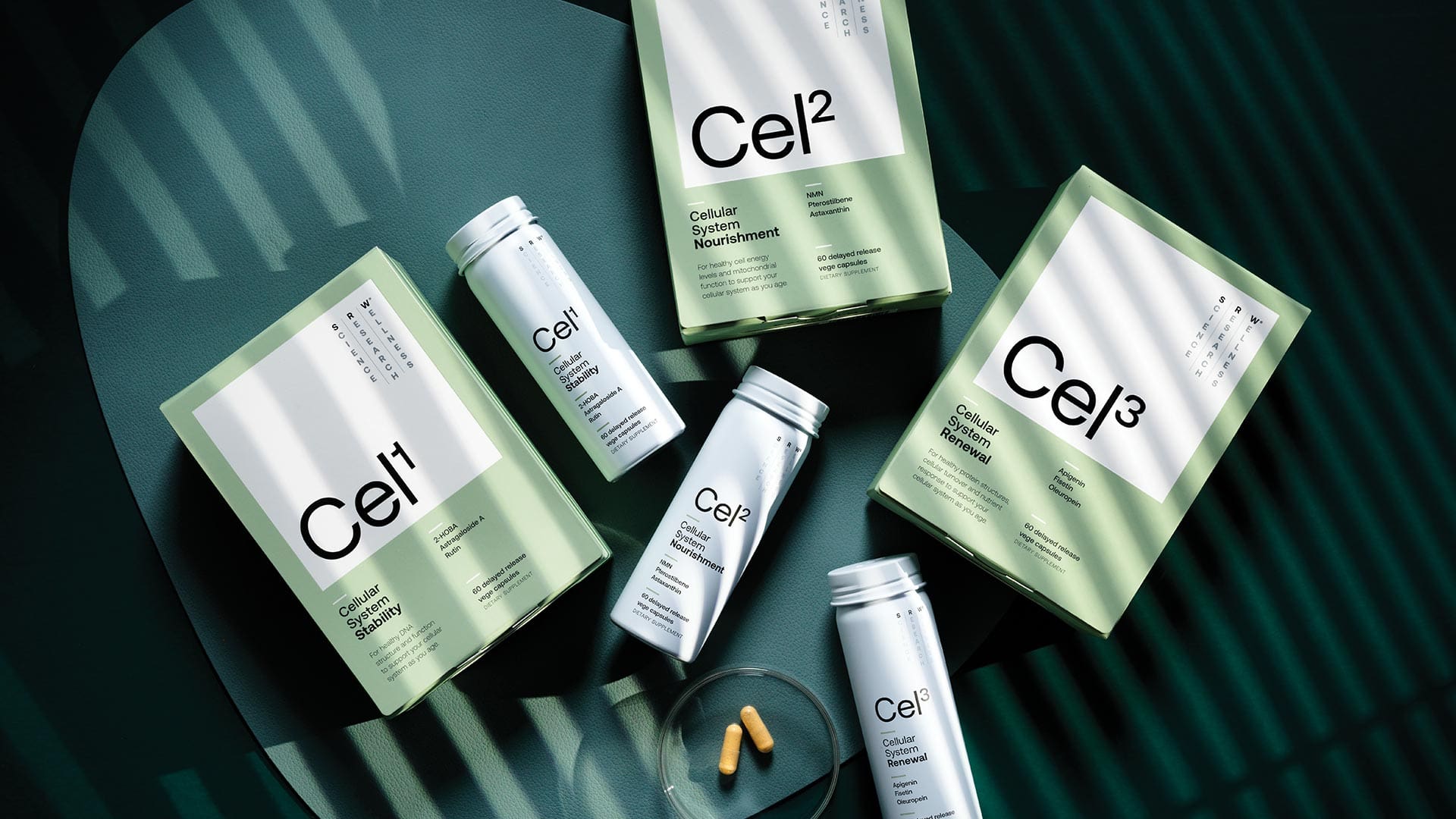Making the Most of a Longer Life
Good news! We’re living longer than ever. According to the World Health Organization, the number of people living beyond 80 years of age is expected to triple between 2020 and 2050.
Awesome! How on Earth did that happen? Well, there is no one particular reason, it’s more a series of events and changed attitudes that have helped us get there. Constant medical breakthroughs over recent decades like the discovery of penicillin, insulin injections for diabetics, pre-emptive vaccinations and gene therapy to boost immune systems have all been gamechangers for our collective life expectancy. These advances in healthcare have also led to killer diseases – that used to take out great swathes of the world’s population – like rubella, polio and even measles becoming largely contained, or in the case of smallpox, completely eliminated. Improved surgical techniques and equipment have also dramatically increased our chances of survival for both our ailments and our treatment. Just going to the hospital in the 19th century was more or less a death sentence so poor was the lack of understanding around hygiene at the time!
But it isn’t just external factors moving out our personal finishing lines, our own attitudes towards health have changed our expected longevity for the better too in recent times. We’ve largely given up cigarette smoking, we hydrate regularly and generally strive for a better diet of more fruit and vegetables and less junk food. We refuse to operate in unsafe workplaces, select cars with better safety features and have, slowly, broken down our tolerance for drink driving in society. Some of us even meditate or box in the gym to reduce our stress levels. All of these things have helped us all live longer lives as well.
Longer doesn’t always mean better
Living longer is great isn’t it? Well, it is if you are healthy and have aged well. Then you can enjoy your autumnal years doing everything you’ve always wanted to do like travel or rebuild classic cars but had to put off because of all of those evenings and/or weekends given up working on client pitches or IT rebuilds.
But what if you haven’t aged well? Are all those extra years of life we’re promised going to be much fun if you have crippling arthritis or such severe shortages of breath that you can’t really do anything and end up sitting around home waiting for sleep to come and pinch off another day?

Epigenetics to the rescue
Kiwi wellness biotechnology firm SRW Laboratories are aware that modern life has given us the chance to live longer but want to make sure that we’re in better shape health-wise to enjoy whatever extra time we do get. They’ve discovered that while we can improve our health over time with our optional lifestyle choices like good diet and stress management, there are also hardwired issues we can have which appear at a genetic level.
The study of these issues are called ‘epigenetics’ and basically what it means is that while we all have a ‘chronological’ age; i.e.: the amount of time that has passed since our birth, we also have ‘biological’ ages. This is worked out from how our cells are aging, and whether that is faster or slower than what they normally should be doing for our chronological age. SRW use a technique called ‘DNA methylation’ to work out what our biological age is compared to our chronological age. Then, after analysing the data, they can make targeted lifestyle adjustment recommendations and even prescribe a program of nutraceutical supplements to encourage cellular rejuvenation.
How it works
As we all age differently, the first thing to do is find out what the biological age of our DNA is. For this you’ll need DNAage, where you send in a simple blood sample – think thumb prick – which can then undergo methylation analysis at SRW’s lab. From there, you’ll get personalized insights to your individual DNA biological age plus lifestyle plan recommendations, plus a one-on-one consultation with an expert. Depending on what the results of your DNAage tests are, it might prove valuable to take a course of Cel Series nutraceuticals too.
Cel Series Rejuvenation
To help nourish our cells, SRW have developed a series of cell nutraceuticals Cel1, Cel2 and Cel3 that have been formulated to encourage cell stability, nourishment and renewal respectively. Taken either individually or together over the course of six months, this Cel Series has been designed to work with the results of your DNAage test to support your cells where they need it most depending on your unique biological age and lifestyle factors.
Thanks to many factors currently we have every chance of living longer than our parents could ever dream of. Quite what the quality of life during those extra years we can expect however is largely up to us. We can improve our chances of living well for longer by eating properly and looking after our bodies as much as we can. But to make sure we are minimising the effects of aging, we need to make sure our cells get as much help as they can get. Check out SRW for more on their DNAage and Cel Series nutraceuticals.

